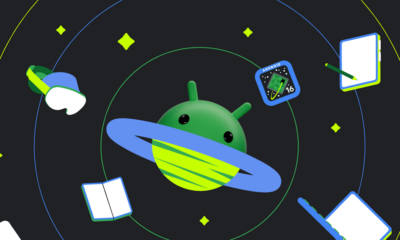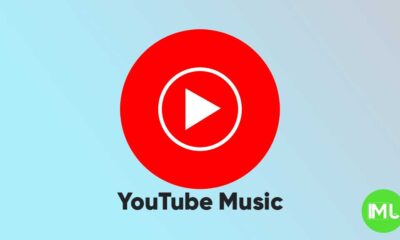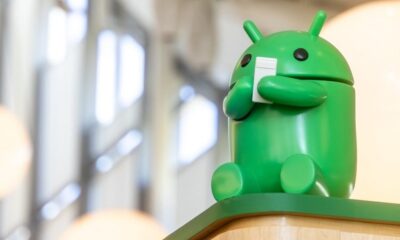Google Calendar gets a visual overhaul with new features and Google Photos gets smarter
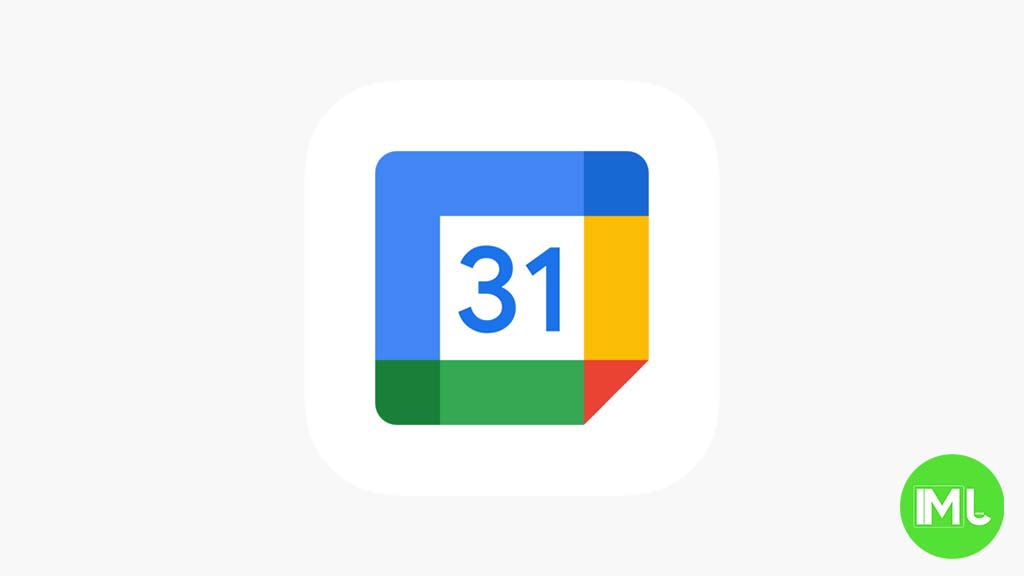
Google Calendar is getting a fresh look with a new visual design. Along with the updated look, Google has added some handy new features to simplify managing your schedule.
One of the most noticeable changes is the return of the three buttons for creating new events. You can now quickly choose between making a regular appointment, a task, or a birthday event.
Birthday Reminders
For birthdays, you can set reminders for the day itself, a week before, or even further in advance. This is a great way to ensure you never forget a special occasion.
Google Photos Gets Smarter
Google Photos is also getting a significant upgrade with the introduction of “Ask Photos”. This new feature allows you to ask questions about your photos using natural language. For example, you could ask “When was the last time I went to the beach?” or “Who is that person in the photo?”
AI-Powered Search
Using artificial intelligence, Ask Photos can analyze your photos and provide relevant answers to your questions. While it’s still in its early stages, Google promises that Ask Photos will become even more powerful over time.
Quick Search Tips for Google Photos and Play Store
Google has also made it easier to search for apps and photos. You can now quickly access the search bar in both Google Photos and the Play Store by double-tapping the search icon. This eliminates the extra step of opening the search tab first.
These new features are a welcome addition to Google Calendar and Google Photos. They make it easier to manage your schedule and find the photos you’re looking for.
Android
Android 16 adds small but useful changes to status bar and terminal features
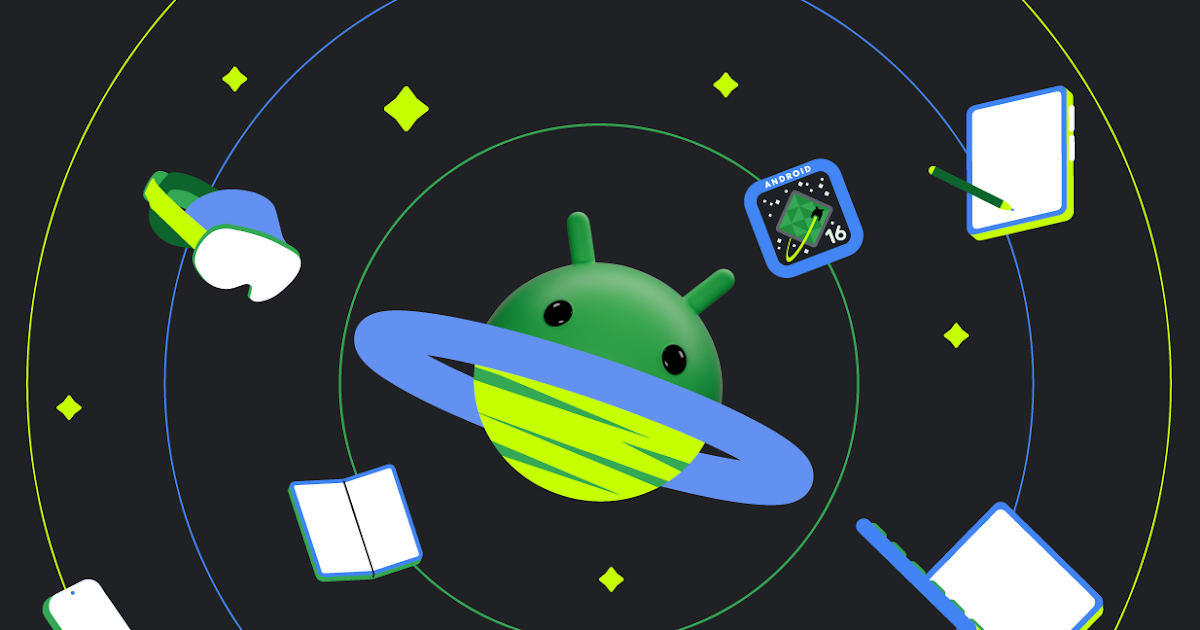
Google is working on Android 16, and while big changes are still under wraps, some small updates have already been noticed. These tweaks may not seem major, but they can improve how users interact with their devices.
One of the changes spotted in the Android 16 Developer Preview is the return of the status bar clock to the left side of the screen. This layout used to be common before Android 9, but later Android versions placed the clock on the right. Now, with the new preview, the clock moves back to the left, which could make room for more icons and make the status bar easier to read—especially on phones with notches or punch-hole cameras. However, this change might not be final, as Android is still being tested.
Another interesting update is in the Android terminal tool. A new feature allows users to resize disk partitions without needing a full system reboot. This could be very helpful for developers and advanced users who need to change storage settings quickly. Instead of restarting the device, the system now supports live resizing in many cases, which saves time and effort.
Overall, Android 16 is shaping up with some practical improvements that focus on convenience and better user experience, even in the smaller details.
YouTube Music adds new feature to keep song volume steady
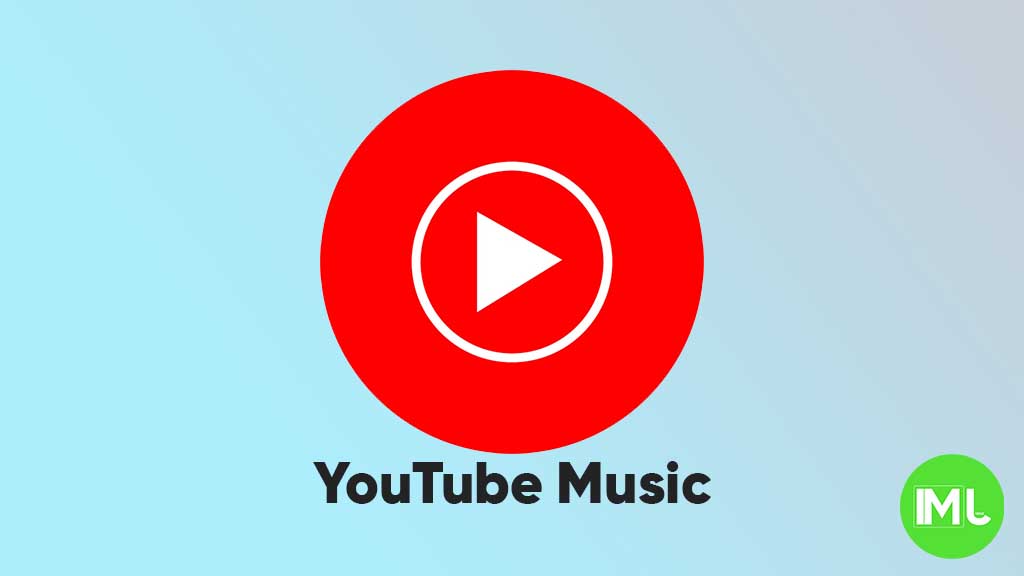
YouTube Music is rolling out a new feature called “Stable volume” to make your listening experience better. This option helps keep the sound level the same across all songs, so you won’t have to turn the volume up or down when switching tracks.
Sometimes, songs are louder or softer depending on how they were made. This new feature fixes that by adjusting each track so that all music plays at a similar volume. It’s especially useful when you’re using headphones or listening in the car.
You can find this option in the YouTube Music app by going to Settings > Playback & restrictions, where you’ll see a switch for “Stable volume.” It works for both free and Premium users, and it’s now appearing on Android devices (version 7.07 or later). iOS support may come soon, but it’s not available yet.
This is a welcome update, as many streaming apps like Spotify and Apple Music already have similar volume balancing tools. It helps make playlists and albums sound smoother and more enjoyable without constant volume changes.
So far, the feature is being released in stages, so you might not see it right away, but it should show up soon for everyone.
Android
Android 16 beta adds battery health info, Pixel Fold gets better at detecting opens and closes

Google has released the Android 16 Beta 1 update for Pixel phones, and it brings some helpful new features. One of the key additions is battery health information, which is now available in the settings. Pixel users can now see the battery’s manufacturing date, charge cycles, and overall health score. This can help people understand how well their battery is holding up over time. While this feature is currently hidden under developer options, it might be fully added in a future update.
At the same time, Google is also working to improve the Pixel Fold. With Android 16 Beta 1, there’s a new system that better detects when the phone is opened or closed. This new method uses the hinge angle to more accurately understand the device’s position. Unlike older systems that could be affected by software bugs or slow response times, this new one seems to be more reliable and faster.
These changes are important for people who use foldable phones like the Pixel Fold, as better hinge detection can lead to smoother app transitions and fewer bugs. And for all Pixel users, having detailed battery info can help with managing phone performance and deciding when it’s time for a battery replacement.
Overall, Android 16 Beta 1 focuses on giving users more control and smoother experiences, especially for those with foldables.
-
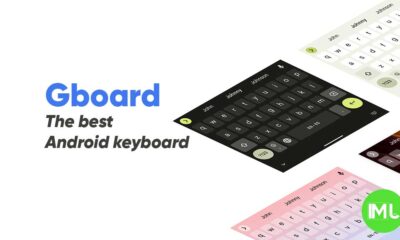
 Apps1 year ago
Apps1 year agoGboard Proofread feature will support selected text
-
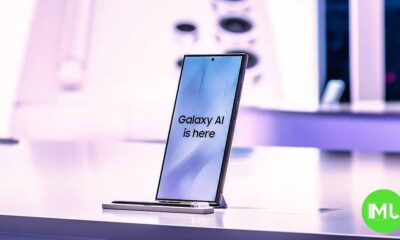
 News1 year ago
News1 year agoSamsung USA crafting One UI 6.1.1
-

 News1 year ago
News1 year agoBreaking: Samsung Galaxy S22 may get Galaxy AI features
-
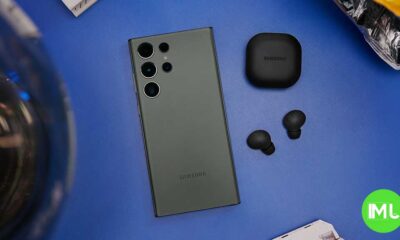
 News1 year ago
News1 year agoSamsung Galaxy S23 Ultra with One UI 6.1 and all S24 AI features revealed
-

 News1 year ago
News1 year agoOne UI 6.1 Auracast (Bluetooth LE Audio) feature coming to many Samsung phones
-

 News1 year ago
News1 year agoSatellite SOS feature coming to Google Pixel phones, evidence leaked
-
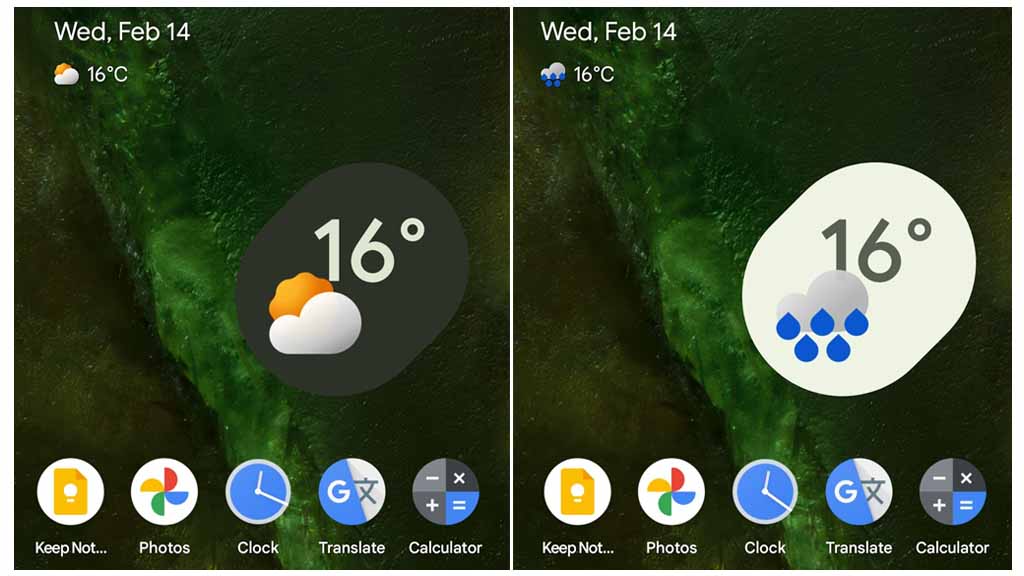
 Apps11 months ago
Apps11 months agoGoogle’s fancy new Weather app is finally available for more Android phones
-
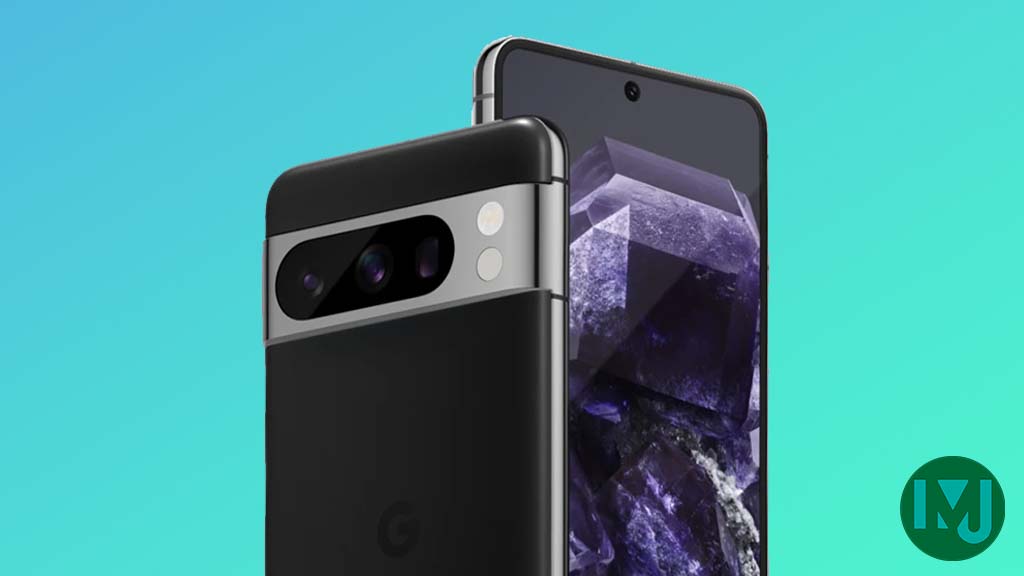
 News1 year ago
News1 year agoGoogle Pixel evolves as Europe’s third best selling flagship

